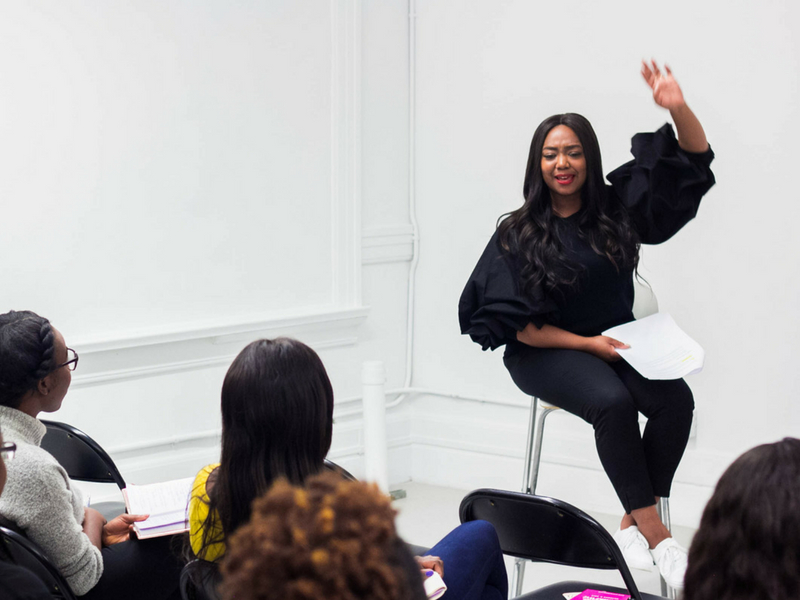
How to Position Yourself as an Expert
This content has been archived. It may no longer be relevant
To advance professionally, we must also demonstrate and share our expertise, putting ourselves and our talents into the spotlight.
To advance professionally, we must also demonstrate and share our expertise, putting ourselves and our talents into the spotlight. Here are a few insights into how to position yourself as an expert.
1. Select the topic for which you want to be known. Align it with your knowledge, experience, interest and your objectives.
2. Decide on key messages that are clear, concise and memorable. With repeated use they will serve as the foundation of all your communication efforts.
3. Identify who you want to reach and what you want the outcome of the communication to be. Do you want audience members to be introduced to you?
Do you want them to take action? Be explicit and precise because unclear objectives will undermine the effectiveness of your strategy.
4. Identify the channels that target the individuals you want to influence. Will your audience be reached via newspapers, magazines, television, blogs, speaking opportunities or social media?
Do a further deep dive and asses which magazines, social media channels or blogs should take the most of your efforts. Don’t just spray and prey. Really hone in on the channels where your target audience exist.
5. Provide value on your key messages. Once you define what you want to be known for, find ways to showcase your authority by providing value to your audience by creating or curating content that’s in line with your key messages.
Create a blog or a personal website and start publishing content on a weekly basis. Your blog should illustrate to your audience that you are an expert in your industry or niche area of interest.
Share your area of expertise on LinkedIn. Post thought leadership content, share articles of interest to your audience and join in on conversations with influencers in your niche area.
Attend networking events to connect with others in your industry offline. Choose groups and events where the people that congregate share your interests or want to know more about them.
6. Set clear and measurable goals. Are people commenting on your posts or re-sharing your content? Are then attending your events or purchasing your products?
Setting weekly, monthly or quarterly goals will help you chart your course and measure your success.
7. Measure the results. It could be the volume of article downloads, media mentions, interview requests or any number of other metrics.
If you can’t find a measurement associated with the goals, they might be too vague. If this is the case, it’s time to re-evaluate.
Image via Tanya Mok
Comments: 9
-
Pingback: How to Add Your Blog to Your Resume
Leave a Reply
You must be logged in to post a comment.


Pingback: A Guideline to Kick Starting Your Full-Time Freelance Career | See Girl Work Blog